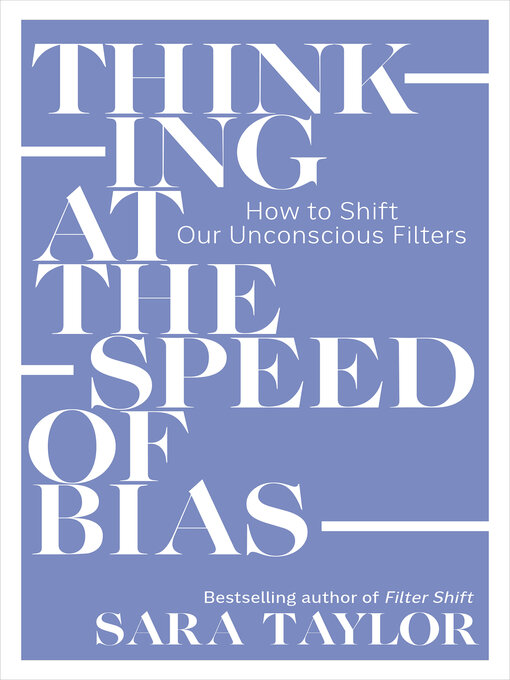- Oscar Nominated Films Based on Books
- Aries Reads
- Hi-Lo Adult New Readers
- Women's History Month
- Everything Irish
- Muslim Voices
- Adult Graphic Novels & Comics
- Red Anything Good Lately?
- Horror With Humor
- Celebrity Memoirs
- Winter Baking
- Staff Spotlight: Krista
- See all ebooks collections
- Great Mystery Audiobooks
- 2024 AudioFile Earphones Awards
- Oscar Nominated Films Based on Books
- Aries Reads
- Hi-Lo Adult New Readers
- Women's History Month
- Everything Irish
- Muslim Voices
- Adult Graphic Novels & Comics
- Red Anything Good Lately?
- Horror With Humor
- Celebrity Memoirs
- Winter Baking
- See all audiobooks collections

